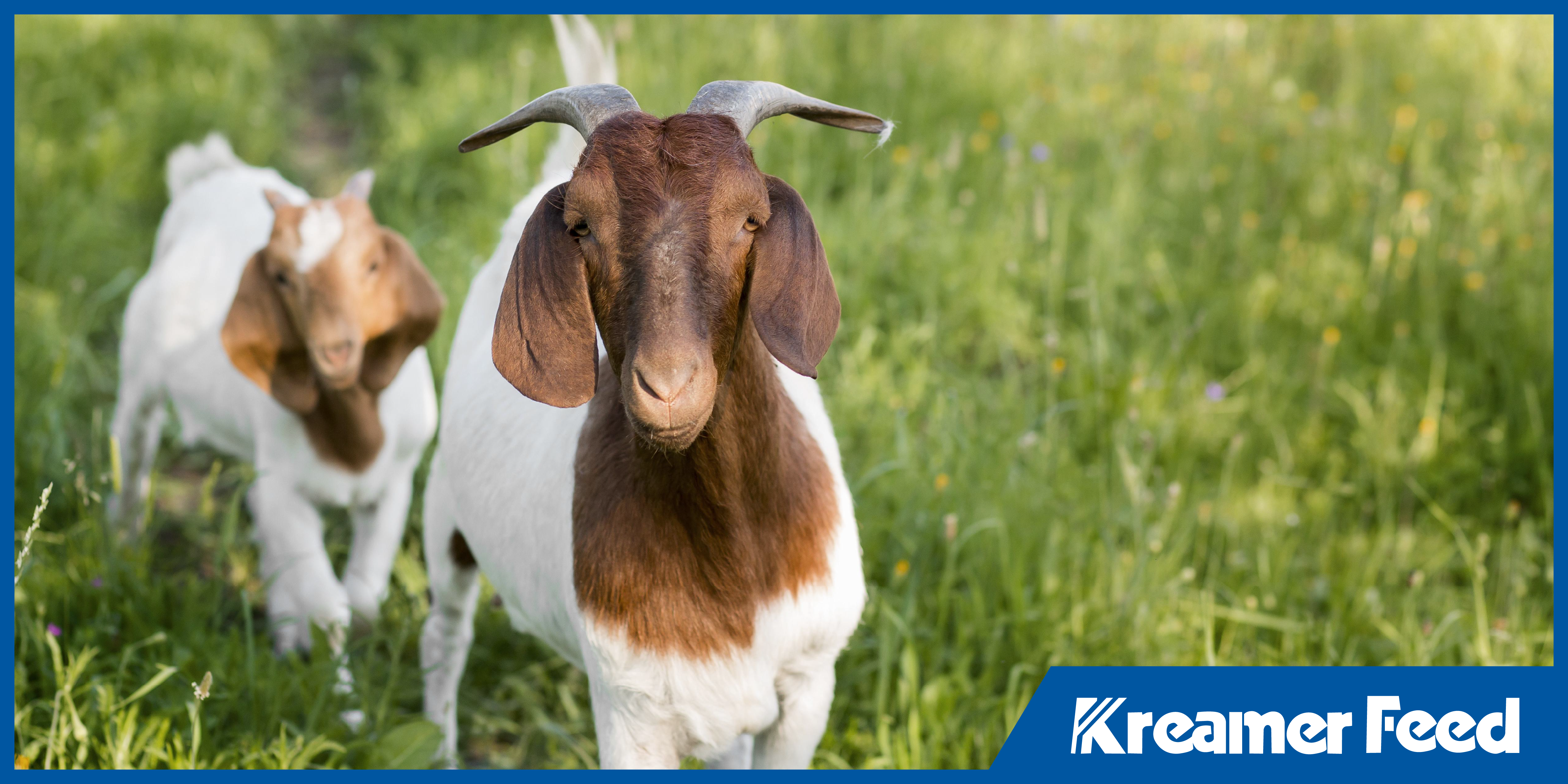
Feeding animals during pregnancy and lactation is one of the most nutritionally demanding and critical phases in livestock care. Whether you’re raising cattle, goats, pigs, or poultry, ensuring nutrition for pregnant and nursing animals is essential to the health of both the mother and her offspring.
This transitional stage, from gestation to lactation, requires precise feeding strategies to support fetal development, smooth birthing, high-quality milk production, and the mother’s recovery. Ignoring proper nutrition during this period can result in weak offspring, lower milk yield, fertility issues, or even increased mortality.
Here’s your guide to feeding animals in transition with confidence and care.
Why Nutrition During Transition Matters
Pregnant and lactating animals are under immense physical stress. During pregnancy, the mother’s body must support the growth of the fetus, build reserves for lactation, and maintain her own body condition. After birth, the focus shifts to milk production and fast recovery.
A well-balanced diet for pregnant livestock ensures:
- Healthy fetal growth
- Reduced risk of birthing complications
- Strong maternal immune function
- Optimal colostrum and milk quality
Conversely, poor nutrition during this time can lead to underdeveloped young, metabolic stress, reduced fertility, and a slower return to productivity.
Feeding Pregnant Animals: Tips for Each Stage
Early to Mid-Gestation
In the early stages of pregnancy, fetal growth is relatively slow. During this time, energy and protein needs are only slightly elevated. The key is to maintain body condition and provide consistent, quality feed.
- Focus on forage such as good-quality hay or pasture to meet most energy needs
- Avoid overfeeding grain to prevent excess weight gain that can lead to birthing problems
- Monitor mineral intake to ensure adequate calcium, phosphorus, and trace minerals
Late Gestation
Most fetal growth occurs in the last 4 to 6 weeks before birth. This is when nutritional demands increase dramatically.
- Increase energy and protein intake using grain supplements or fortified feeds
- Support gut health with added fiber to prevent constipation and maintain digestive function
- Ensure proper intake of selenium, Vitamin E, and copper to aid fetal development and immune support
Nursing Animal Nutrition Guide
Once the animal gives birth, nutritional needs shift again. Now the focus is on high milk output and maternal recovery. This is one of the most energy-intensive periods in an animal’s life.
Key Feeding Considerations for Lactating Animals
- Energy Density Matters
Milk production requires high energy. Feed should include easily digestible carbohydrates and fats to meet daily requirements without overloading the gut. - Protein for Milk Quality
High-quality protein sources like legume hay or soybean meal support milk synthesis and prevent excessive weight loss. - Hydration is Critical
Lactating animals need constant access to fresh, clean water to support milk volume. - Monitor Body Condition
Nursing animals often lose weight. Adjust feed portions and formulations as needed to maintain healthy condition. - Use Species-Specific Feeds
The optimal feed for nursing animals varies between species. Choose formulations tailored to the needs of poultry, pigs, cattle, or goats.
Common Pitfalls to Avoid
- Feeding too much or too little, both of which can impact birth outcomes and milk production
- Neglecting mineral supplementation, especially calcium, magnesium, and selenium
- Making abrupt feed changes that disrupt digestion and lead to feed refusal
- Skipping regular body condition checks that help you evaluate nutrition effectiveness
Your Trusted Partner for Transitional Feeding Success
Getting animal pregnancy nutrition essentials right is not just about boosting productivity. It’s about promoting animal welfare, smoother transitions, and stronger, healthier generations.
At Kreamer Feed, we’ve been helping farmers make smart, species-specific feed choices since 1947. Our expertly crafted organic and conventional feed options are designed to support animals through every stage of life, including pregnancy and nursing. Whether you’re preparing for birth or supporting new mothers, we’re here to help you feed with confidence and care.